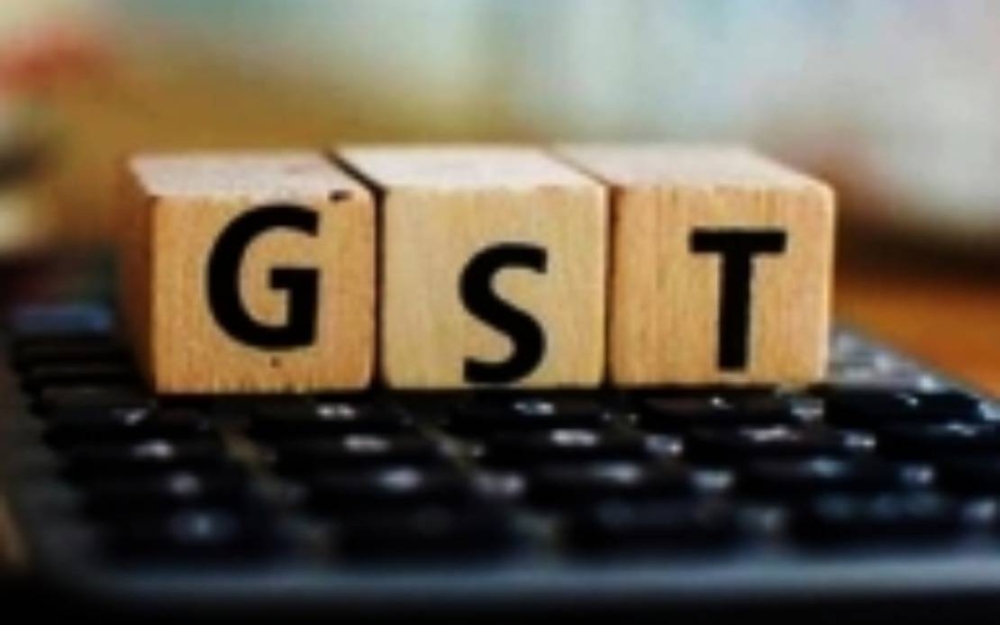Experts warn of potential risks to Malaysia's cost of living due to GST implementation

SHAH ALAM - Experts suggest that implementing the Goods and Services Tax (GST) at this time could exacerbate Malaysia's cost of living issue.
They emphasise the need for a comprehensive financial assessment before considering new taxes.
Professor Mohd Nazari Ismail from the University of Malaya Faculty of Business and Economics pointed out that the current debt-based system, where banks create substantial amounts of money through loans, has several adverse effects. He explained that it not only leads to higher prices for goods and services but also results in increased debt for employers.
"In the short term, GST is undoubtedly the best mechanism for generating government revenue. However, we need long-term solutions to resolve the cost of living problem. One essential aspect of the long-term solution is eliminating the debt-based economic system, where banks create new money whenever they lend to borrowers, and replacing it with an equity-based financial system," he told Sinar Daily when contacted.
Nazari added that a similar model to GST is called consumption tax, which is used in Japan. Another similar model is the Value-Added Tax (VAT), which is being implemented in many other countries, especially in Europe and Africa.
"While GST can boost government revenue, it also raises costs for consumers. It's worth noting that GST was a factor that contributed to the unpopularity of the former prime minister Datuk Seri Najib Razak's government," he said.
Commenting further, he added that the increased government revenue can help the government increase spending to help specific segments of the public, especially those in the B40 category. "It can also help the government spend money to improve public services in particular sectors, such as education and health," he said.
Meanwhile, University of Science and Technology Provost for Research and Innovation Professor Geoffrey Williams said a full assessment of revenue and spending is necessary for Budget 2024 to cut wastage, leakages, and corruption and to refocus spending to find a more efficient allocation and priority mechanism.
"Looking for non-tax income such as the Petronas royalty is also an option that can reduce the need for higher taxes. Once this is done, there may be no need to change the tax system to widen the tax base. GST is a tax that hits everyone, whether you are rich or poor. It is a regressive tax that will increase the tax burden on low-income groups," he said.
Williams added that the suggestion to have exemptions or zero-rated products simply creates market distortions, which will harm many businesses as the costs of GST will be passed on to consumers and may be inflationary.
"This would require more government help for low-income groups, and the system to do this is not in place. The rate at which the GST should be set has not been properly assessed, and advocates of the GST are just guessing at possible rates that might be acceptable and are pushing for low rates to begin with.
"Low rates will reduce revenue and make the GST no better than the SST. The admission that rates will have to rise in the future shows that this will be a heavy burden over time," he said.
Besides, he said the previous refund mechanism was also very ineffective and put a heavy cost on businesses that are responsible for collecting the tax. He said if the GST was reintroduced, companies would have to pay extra compliance costs, which would cut their profits or be passed on to consumers at higher prices.
"Prices would rise for consumers by the value of the GST, and the cost of living would be higher permanently. So this will harm both businesses and consumers, especially micro, small, and medium enterprises (MSMEs) and low-income groups. Advocates of these taxes have no rationale for the rate or the timing of this proposal," he added.
Commenting further, he said a full evaluation of costs and benefits would have to be conducted, and this would not be ready by next year. Also, companies and stakeholders need time to prepare and would resist any plan to change things too quickly.
"It is better to cut out waste and corruption first before considering any new taxes or any rise in existing taxes," he said.
Earlier today, Economy Minister Rafizi Ramli said that the government would prioritise strategies to expand the country's revenue sources, including a focus on developing the Capital Gains Tax, scheduled to be implemented in 2024.
"The government will adhere to our strategies and remain open to implementing any means to achieve fiscal sustainability through broader sources. Therefore, whether it will be GST, capital gains tax, or any form of direct or indirect tax, we will only decide on a case-by-case or year-to-year basis. Any announcements regarding tax introduction will be made by the finance minister through the budget presentation," he said during a press conference in the parliament lobby on Monday.











